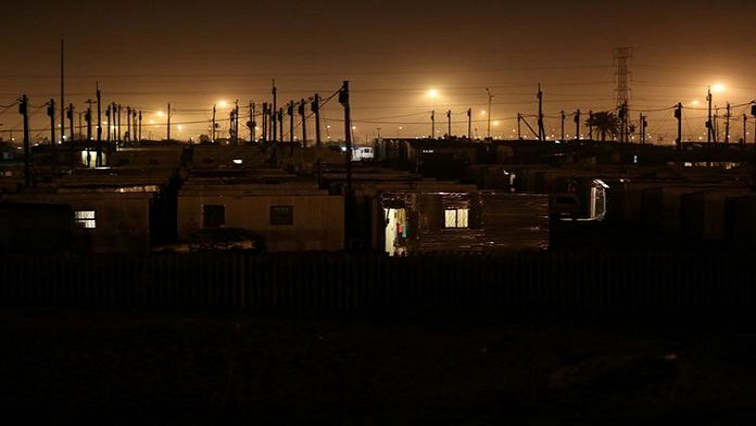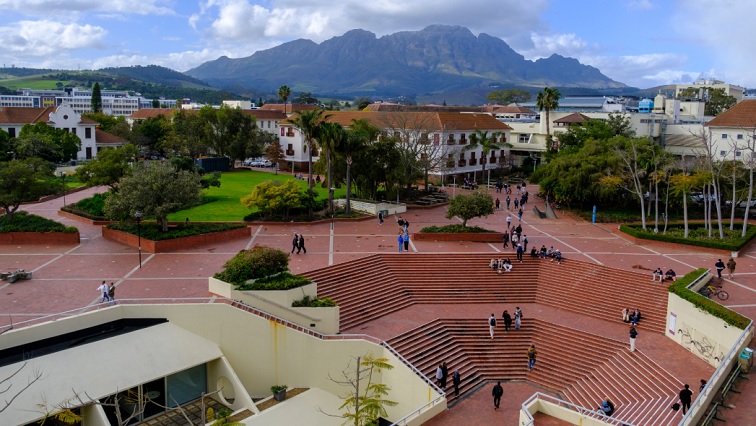-
An area almost completely dark
Minister of Electricity and Energy Dr. Kgosientsho Ramokgopa says the main reason why load reduction is more prominent in areas around townships and informal settlements, is directly attributed to the high number of illegal connections, which is putting severe strain on the electricity grid.
Ramokgopa was speaking at the South African Human Rights Commissions’ (SAHRC) National Investigative Inquiry into the impact of load reduction on human rights. The inquiry was set up following growing concerns and complaints received from some quarters of society that whilst South Africa is experiencing a reprieve from load shedding, load reduction is seemingly on the rise.
The National Investigative Inquiry heard submissions from various sectors on Tuesday. The bone of contention was to find out what impact load reduction is having on society and what can be done to resolve the issue. According to Ramokgopa, several factors are to blame.
“On the issue around load reduction in these municipalities, it is located near the townships that are predominantly black and less affluent. That’s where you find mkuku (shacks) and all of that. And then people connect themselves illegally. And as a result of the strain placed on the assets then you find load reduction. And that is the point I am making. It has no relationship with race. It just has everything to do with the spatial design of the country.”
Ramokgopa says he is confident that load reduction will soon be a thing of the past. He says he intends on expanding the electricity grid. But, it’s going to be an extremely costly exercise.
“So chair what is it that we are doing? The first one is to ensure grid expansion; so grid expansion simply means that wires that you see and the substations and all of that are able to reach all areas. But the problem with that approach is that it is very expensive. So, the four billion we get is an allocation per annum. It is going to be significantly insufficient because the bulk of that money is going to be spent building those lines and transformers.”
The inquiry also heard submissions from Joburg’s power entity, City Power. City Power told the commission that amongst the many reasons for the implementation of load reduction in the city, is the rapid increase in population density, which is putting severe strain on the electricity grid.
City Power’s general manager, Lerato Kgalema, says due to the excessive pressure on the power grid, load reduction is essential to avoid a catastrophic, long-term failure.
“Johannesburg’s rapid urbanisation and increased population density have significantly impacted the electrical network often pushing substations on their maximum capacity. In response City Power explored a short-term, medium-term intervention to stabalise supply and prevent the widespread failure and sustain the network’s reliability. load reduction serves as a productive measure to mitigate the risk of catastrophic infrastructure failure which could lead to prolonged outages affecting local economies and community livelihoods.”
The National Department of Health, who also testified on Tuesday, told the commission that they have already begun implementing short, medium and long-term load reduction interventions for all health facilities across the country.
The Department’s Christoffel Engelbrecht explains: “The short term is where we seek the exemption of key hospitals on the grid to be exempt from load shedding, of which 76 hospitals benefited. On the medium term we have conducted with CSIR a report to back up the solar energy solutions roll-out to health care facilities. The third one, and that is the long term, is that it covers the installation of dedicated lines to all the hospitals identified by Eskom itself.”











